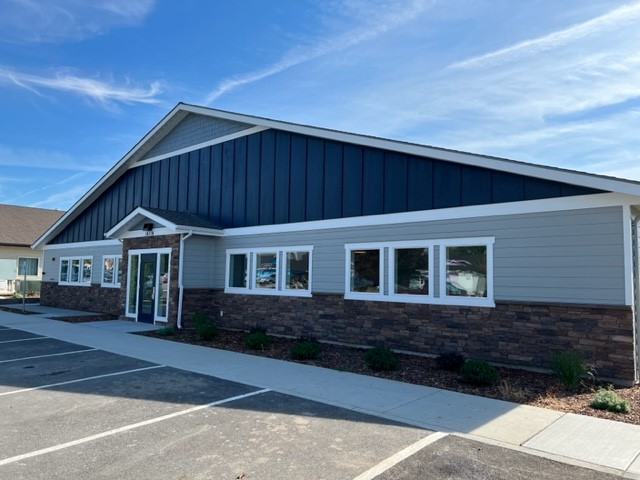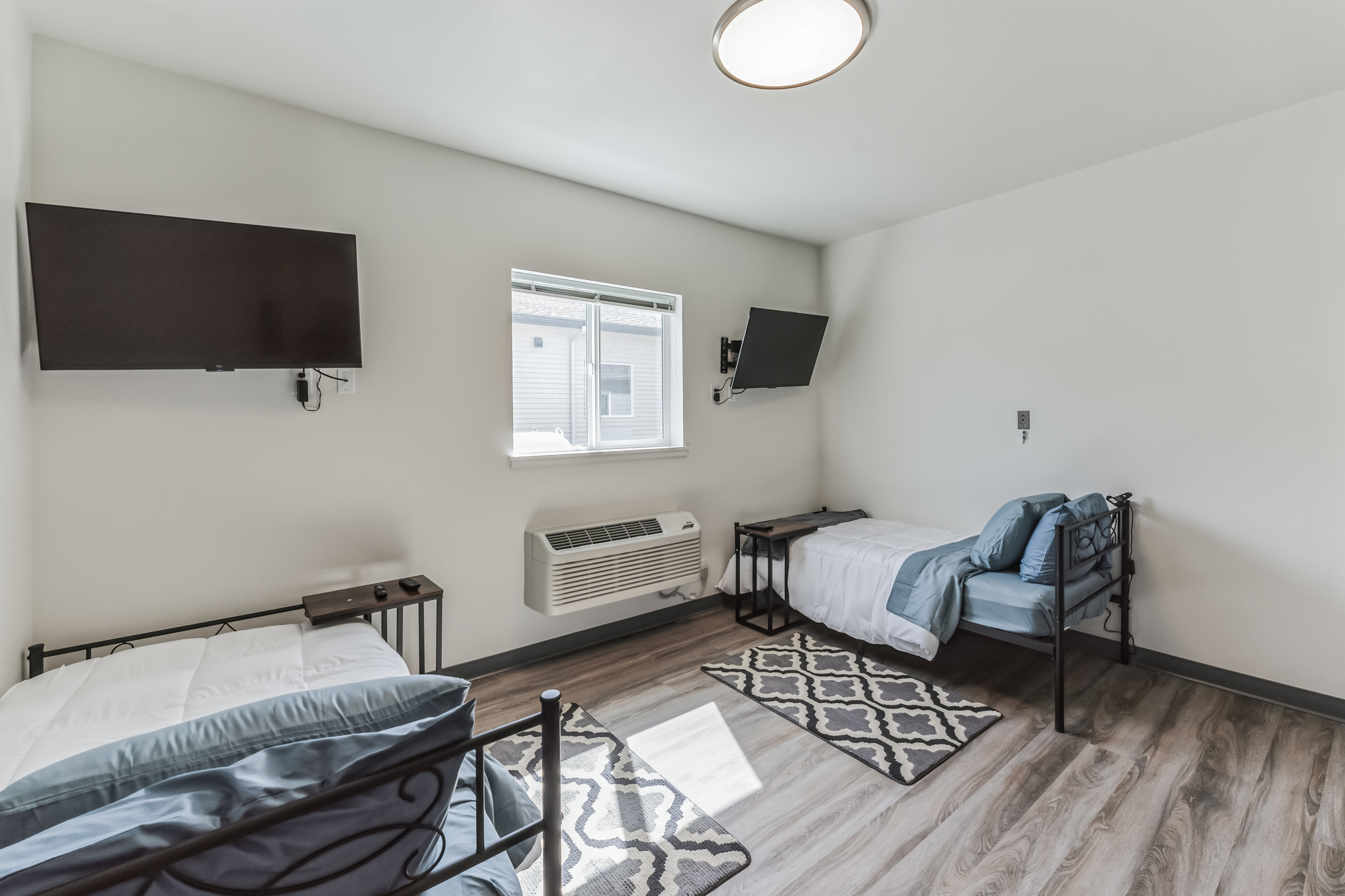
Raising a child with ADHD or supporting a family member with the condition can feel like riding a rollercoaster. One moment you’re giggling at the energy and creativity of your loved one bursting into the room; the next, you’re extinguishing flames over lost homework, impulsive tantrums, or a cluttered living room. As a parent or loved one, you’re not sure if you’re doing everything you can and frustrated when things don’t go right.
We know what it’s like, and we are familiar with the frustration. But the truth is: you’re not alone, and with the proper tools, you can help your family flourish. This guide is for parents, siblings, or partners looking to understand and support ADHD in the family.
Skip To
Table of Contents
Understanding ADHD: What It Means for Your Family
Attention-Deficit/Hyperactivity Disorder (ADHD) is more than just being distracted or energetic. It’s a neurodevelopmental psychiatric disorder that affects focus, impulse control, and executive functioning. When ADHD is part of your family, it shapes daily routines, relationships, and even how you connect with each other.
What Does ADHD Look Like?
Symptoms of ADHD show up differently in everyone, but common signs include
- Difficulty paying attention: Struggling to stay on task or follow instructions.
- Hyperactivity: Constant movement, fidgeting, or talking more than seems typical.
- Impulsivity: Acting without thinking, like interrupting or making snap decisions.
With ADHD in children, you might see unfinished schoolwork or clashes with siblings. People with ADHD could experience missed deadlines or trouble managing household responsibilities. Observing these symptoms, you can understand what is going on and how you can play a role in positive changes.
Is ADHD Genetic? The Family Connection
You might be asking, Is ADHD genetic? The short answer is yes, genetics plays a big role. A study from the National Institute of Mental Health suggests ADHD has a heritability rate of 70-80%. If one family member has ADHD, others are more likely to have it too.
For example, is hyperactivity hereditary? Hyperactivity, a key ADHD trait, often runs in families, though it might look different in each person. Maybe your child fidgets constantly, while you struggle with mental restlessness. These patterns don’t mean everyone will have ADHD, but they’re worth noticing.

How ADHD Shapes Family Life
Throw in ADHD, and your home is a whirlwind. Mornings are crazy as you search for lost backpacks. Evenings are spent dodging fights over homework or bedtime. Siblings can feel left out if one child needs more attention, and parents feel stretched too thin. These are real struggles, but they don’t have to define your family. With understanding and support, you can create a home where everyone feels valued and respected.
End the Emotional Pain. Get Your Life Back.
Feeling Depressed, Anxious or Struggling with Mental Health Illness? Get Safe Comfortable Mental Health Dual Diagnosis High-Quality Therapy From Counselors That Care. Begin Your Recovery Now.
Hotline: (509) 348-4077

Emotional Ups and Downs
Your children with ADHD might get frustrated when they can not focus or melt down over small changes. As a parent, you might feel helpless, wondering if you’re doing something wrong. These moments can strain relationships, but they also offer chances to grow closer by working together.
Can You Develop ADHD Later in Life?
While ADHD typically starts in childhood, some people don’t notice symptoms until adulthood, especially when life gets demanding. Adult ADHD diagnoses often happen when responsibilities like parenting or work highlight struggles with focus or organization. If you suspect a diagnosis of ADHD in yourself or another family member, a professional evaluation can provide answers.
Is ADD Hereditary?
You might hear the term ADD and wonder, Is ADD hereditary? An older name for ADHD without hyperactivity. Like ADHD, it has a strong genetic link.
If a family member has ADHD or ADD others might share similar traits, even if they do not meet the full diagnostic criteria. Recognizing these patterns can help you identify signs early and seek the right support.

Practical Ways to Support Your Family
ADHD in the family is managed with patience, creativity, and collaboration. Below are feasible tips to allow everyone to flourish.
1. Build Consistent Routines
ADHD brains crave structure. Clear routines can reduce stress and help your loved one feel in control.
- Set clear schedules: Use visual aids like calendars or apps to map out daily tasks.
- Break tasks into steps: Instead of cleaning your room try picking up clothes, then organizing books.
- Use timers: Short, focused bursts of work (like 15 minutes) can make tasks less overwhelming.
2. Communicate with Care
Open communication builds trust and reduces frustration. Try these approaches.
- Listen actively: Let your loved one share their thoughts without interruption.
- Use “I” statements: Instead of saying You never complete anything, say, I feel overwhelmed when many things pile up.
- Celebrate strengths: Identify their problem-solving or creative strengths to boost confidence.
3. Celebrate Strengths
ADHD comes with unique gifts like creativity and enthusiasm.
- Praise effort: Say, “I love how hard you tried on that task”.
- Encourage passions: Build interests in sports or music to become confident.
- Reduce distractions: Set up a quiet space for focused tasks like homework.
4. Seek Professional Help
Professional support can make a huge difference. Consider these options.
- Therapy: Cognitive-behavioral therapy (CBT) teaches coping skills. Learn more from the National Library of Medicine.
- Medication: Talk to a doctor about whether medication could help manage symptoms.
- Family therapy: Counseling can strengthen communication and address family challenges.
5. Educate Everyone
When the whole family understands ADHD, it reduces tension. Explain ADHD to siblings in simple terms, like your brother’s brain works differently, so he needs extra help staying focused. Involve everyone in creating a supportive home, like setting up a family chore chart.
Get Help. Get Better. Get Your Life Back.
Searching for Accredited Dual Diagnosis Mental Health Centers Near You?
Even if therapy failed previously, or are in the middle of a difficult crisis, we stand ready to support you. Our trusted behavioral health specialists will not give up on you. When you feel ready or just want someone to speak to about counseling alternatives to change your life call us. Even if we cannot assist you, we will lead you to wherever you can get support. There is no obligation. Call our hotline today.
FREE 24/7 Dual Diagnosis Mental Health Services HotlineTaking Care of Yourself
Supporting a loved one with ADHD is rewarding but exhausting. You are human and it is okay to feel overwhelmed.
- Pause and recharge: Take a walk, read or enjoy a quiet moment.
- Connect with others: Join a support group to share experiences with parents who understand.
- Seek therapy: A counselor can help you process stress and build resilience.

Comfortable Facilities & Amenities
High-Quality Mental Health Services & Behaviroal Health Substance Abuse Treatment
Rehab Centers TourRenowned Mental Health Centers. Serene Private Facilities. Inpatient Rehab Programs Vary.
Mental Health Helpline: (509) 348-4077Proven recovery success experience, backed by a Team w/ History of:
15+
Years of Unified Experience
100s
5-Star Reviews Across Our Centers
10K
Recovery Success Stories Across Our Network
- Low Patient to Therapist Ratio
- Comprehensive Dual-Diagnosis Treatment
- Complimentary Family & Alumni Programs
- Coaching, Recovery & Development Events
- Comfortable Onsite Medical Detox Center
FAQs: Finding ADHD Support in Spokane Valley and Beyond
-
Where in Spokane Valley, Washington, can I find treatment for ADHD in the family?
We Level Up in Spokane Valley offers mental health treatments, including ADHD evaluations, therapy, and family support. Look for providers with experience in neurodevelopmental disorders and evidence-based treatments.
-
Where in Coeur d’Alene, Idaho, can you find treatment for ADHD in the family?
Just minutes from Spokane Valley, Post Falls offers access to therapists and psychiatrists specializing in ADHD. Contact We Level Up in Spokane Valley for recommendations tailored to your needs.
-
What makes a good ADHD treatment program?
Select programs that provide full care, such as therapy, medication management, and holistic activities. Ensure providers utilize evidence-based treatment and understand the impact of ADHD on families.
-
Can adults have ADHD too?
Absolutely. Some adults discover they have the disorder when their child is diagnosed with ADHD, as they recognize similar patterns in themselves. Adult ADHD treatment may include therapy, medication, or coaching.
Call today to speak with our team and learn more about our programs. We Level Up Washington: (509) 348-4077. Your next step starts here.




